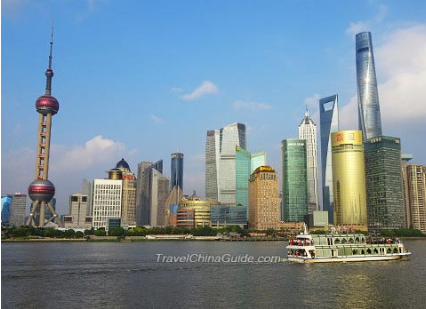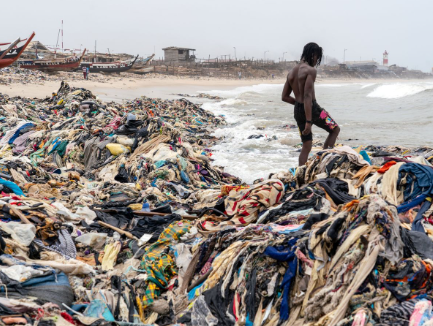The World’s Growing Cities

April 1, 2019
By the year 2050, our planet will have nearly 10 billion people on it, and of that number, 68% will live in cities. This ever-growing number will force the cities of the future to better organize and zone their cities so that it can account for the billions of people living within its buildings and streets. This population boom for cities worldwide will affect jobs, housing, and climate, so let’s take a look at the cities that will be hurt, or helped, the most.
First off, many of the world’s largest cities, as well as the fastest growing cities, are located in Asia. China, Japan, and Korea all house some of the most populous cities the world over. The cities of Tokyo, Seoul, and Beijing are the respective capitals of these nations and all three house a population over 9 million in size, with Beijing housing a population over twice that number. We can expect to see the world’s economy make a much larger shift towards Asian countries such as China, and who’s to say this has not already happened? China has the second largest economy in the world and is expected to pass the most successful economy, the United States, in as little as 15 years. The largest city in the world, Shanghai, China, with a population of 24 million people, or about three times the size of New York City, is increasingly becoming a major city on the world economic stage. More and more jobs will be created by companies and initiatives run out of cities like Beijing and Shangai in the East, rather than their western counterparts.
Although these cities can already be viewed as self-established, important, and major world cities, what are some cities that will be growing quickly over the next few decades and expand economically? Once again, Asian cities steal the show, with 4 out of the top 5 fastest growing cities in the world located in Asia. However, some new regions can be viewed to be growing fast outside of the Far East and China. These are India, the world’s second most populous country behind China, and several countries in West Africa, particularly in Nigeria and Mali. In India, large population growth has continued for some time, and economic effect is already taking place there, with large numbers of exported jobs to England, the U.S., and other Western countries. West Africa, however, particularly Nigeria, might strike some readers as odd to appear on this list. The war-racked continent is one of the most economically stagnant in the world. However, sources show that it has a very fast growing population. The perfect example of this would be Nigeria, which will surpass the United States as the world’s third most populous country in 2050 according to a United Nations report. This will be, at least in theory, a benefit to these struggling nations, providing the manpower and workforce for recovery, but in reality, we will have to wait and see what the exact effect of a fast-growing population will be.
What about already existing major cities? Will they decline in prominence with the rise of these new super cities in Asia and Africa? Well, although they may decline in significance slightly, they will probably be around for longer than we would expect. New York City is the largest city in America today and did not even make the top ten largest cities in the world, but it is still a major economic center of the world with the Financial District and the New York Stock Exchange being major places for world trade today.
Overall, it is safe to say that although they may be dwarfed in size compared to other major world cities such as Shanghai and Tokyo, traditional centers of the world economy such as London in England and New York City will not be sidelined by these new and fast growing supercities.
City Mayors: World’s Fastest Growing Urban Areas (1), www.citymayors.com/statistics/urban_growth1.html.
“China Won’t Be the World’s Most Populous Country for Much Longer.” NBCNews.com, NBCUniversal News Group, www.nbcnews.com/news/world/nigeria-pass-u-s-world-s-3rd-most-populous-country-n775371.














